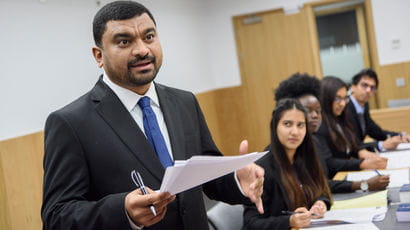Research in Public International Law (RIPIL)
The Research in Public International Law (RIPIL) group is a world-leading hub for Public International Law research and knowledge exchange locally, nationally, and globally.
Work being done in RIPIL cuts across Public International Law sub-fields, as well as being interdisciplinary in nature.
The group has a close relationship with the Centre for International Law at the University of Bristol, consolidating the expertise in the city.
RIPIL organises a range of events and activities, undertakes collaborative research projects intended to have real-world impact, develops partnerships and relationships with end-users, and produces a diverse range of scholarly publications of the highest quality.

Research themes
Research themes within Research in Public International Law.
Members
List of members of Research in Public International Law.
Events
Events organised by Research in Public International Law.
Publications
Key publications from members of Research in Public International Law.
Contact us
Contact us with any enquiry about our work.
Transforming tomorrow, today.
Our unique approach to research, innovation, skills, enterprise and just and ethical practices is driving societal improvements and transforming futures for the better.
RISEResearch Centres and Groups
Browse UWE Bristol's portfolio of research areas, expertise, staff and publications.
Centres and groupsYou may also be interested in

Research at Bristol Law School
Legal research provides a central focus for the work of the Bristol Law School, and many staff are engaged in research of national and international significance. Learn more about our current research.

Research in the College of Business and Law
Find out more about research in the College of Business and Law at UWE Bristol, including details of our research centres and groups.

Research
Discover how research at UWE Bristol is making a real impact.
